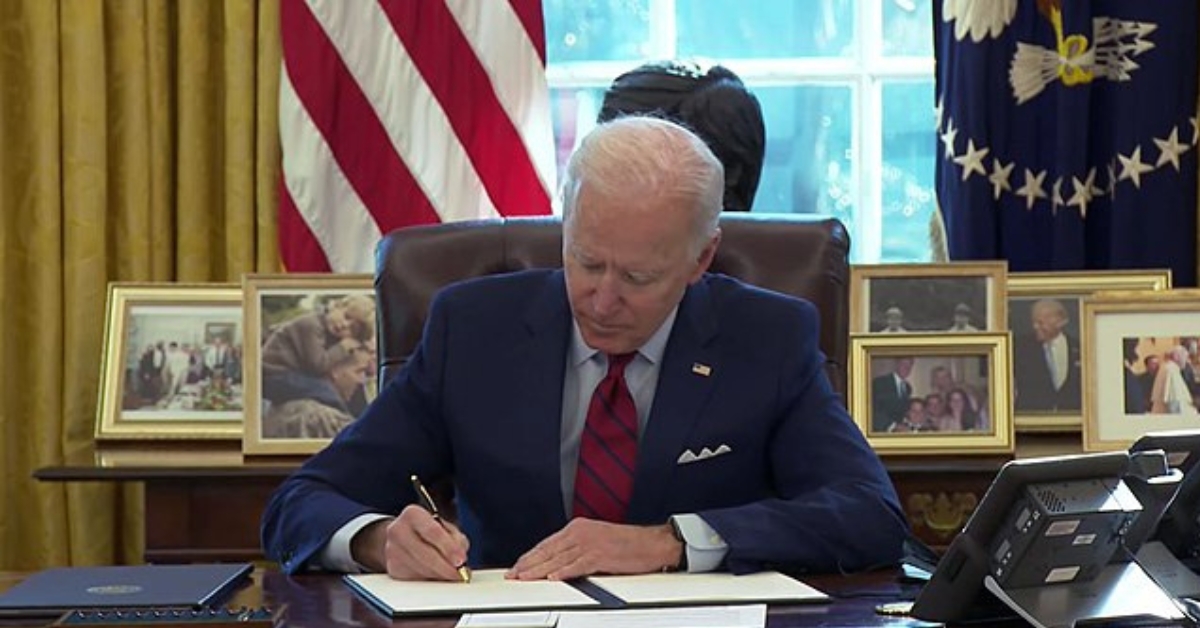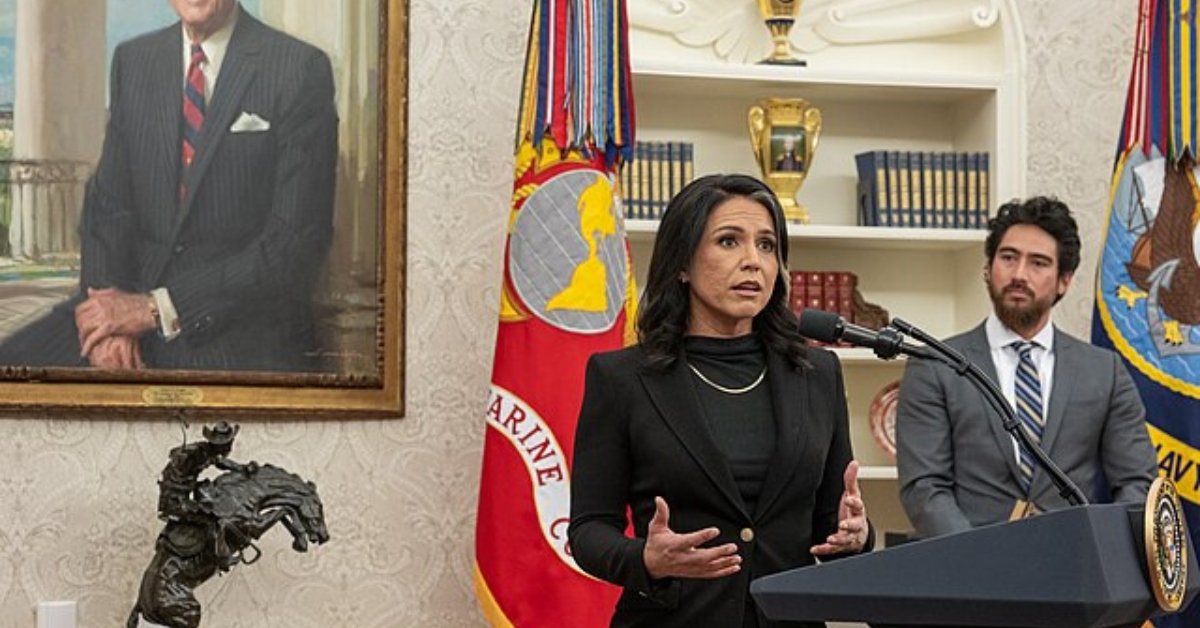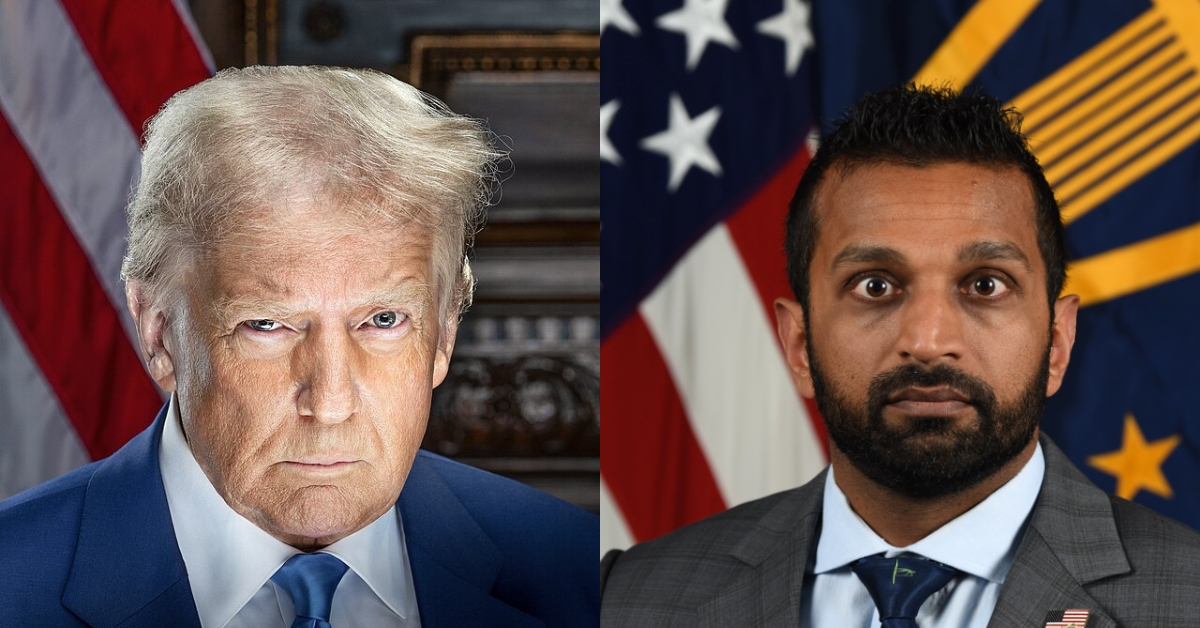
Biden’s NSF Funds AI Censorship Tools, Threatening Free Speech and Democracy
The revelation that the National Science Foundation (NSF) has been covertly funneling millions in taxpayer dollars into the development of artificial intelligence (AI) tools designed to censor political speech and sway election outcomes is a stark reminder of the lengths to which federal entities will go to control public discourse. This disturbing trend, detailed in a new congressional report, underscores a growing concern that agencies like the NSF, alongside the FBI and CIA, are constructing a formidable “censorship-industrial complex” aimed at stifling free expression under the guise of combating misinformation.
This clandestine initiative, which saw the NSF issue substantial grants for the creation and implementation of AI-driven censorship mechanisms, represents an egregious misuse of public funds and a blatant assault on the First Amendment. These tools, intended for use by both government bodies and Big Tech conglomerates, are engineered to manipulate public opinion by suppressing dissenting viewpoints and amplifying favored narratives, thereby undermining the democratic process.
The NSF’s attempts to obfuscate the true nature of these projects are as alarming as they are unscrupulous. Documents uncovered by the House Judiciary Committee reveal a calculated strategy to evade scrutiny by conservative journalists and legal experts, including considerations to blacklist American media outlets critical of the foundation’s endeavors. Such actions not only betray a profound disrespect for transparency and accountability but also signal a dangerous departure from the principles of open and honest governance.
In defending its actions, the NSF insists that its investments in research are aimed at understanding and countering threats posed by advanced communication technologies, such as deep fakes. However, this rationale falls flat when juxtaposed with the foundation’s explicit efforts to develop and deploy censorship tools under the pretense of national security. The fact that the NSF felt compelled to conceal its involvement in the Track F program, which is at the heart of these censorship efforts, speaks volumes about the questionable ethics and legality of its actions.
The congressional report’s findings illuminate a vast and intricate network within the federal government dedicated to surveilling and controlling the flow of information. The Track F program, with its $39 million budget, is emblematic of a systematic federal push towards replacing human oversight with AI systems capable of extensive and discreet monitoring and censorship. Such a regime poses an existential threat to the civil liberties of millions of Americans, capable of infringing on our fundamental rights in ways both immediate and imperceptible.
The involvement of esteemed academic institutions and non-profit organizations in these censorship endeavors is particularly troubling. Projects like the University of Michigan’s WiseDex and Meedan’s Co-Insights Program betray a troubling enthusiasm for mass surveillance and the suppression of free thought. These initiatives, masquerading as efforts to safeguard public discourse, instead pave the way for a dystopian reality where dissent is not only discouraged but systematically erased.
It’s imperative to recognize the broader implications of the NSF’s actions. This isn’t merely about the misuse of AI for censorship; it’s about the erosion of trust in our public institutions and the perilous path towards an Orwellian state where freedom of expression is a relic of the past. The censorship-industrial complex, with its shadowy alliances and unbridled ambition, represents one of the gravest threats to democracy and individual liberty in our time. It is incumbent upon every American to stand against this encroaching tide of authoritarianism, demanding transparency, accountability, and the preservation of our constitutional rights.














